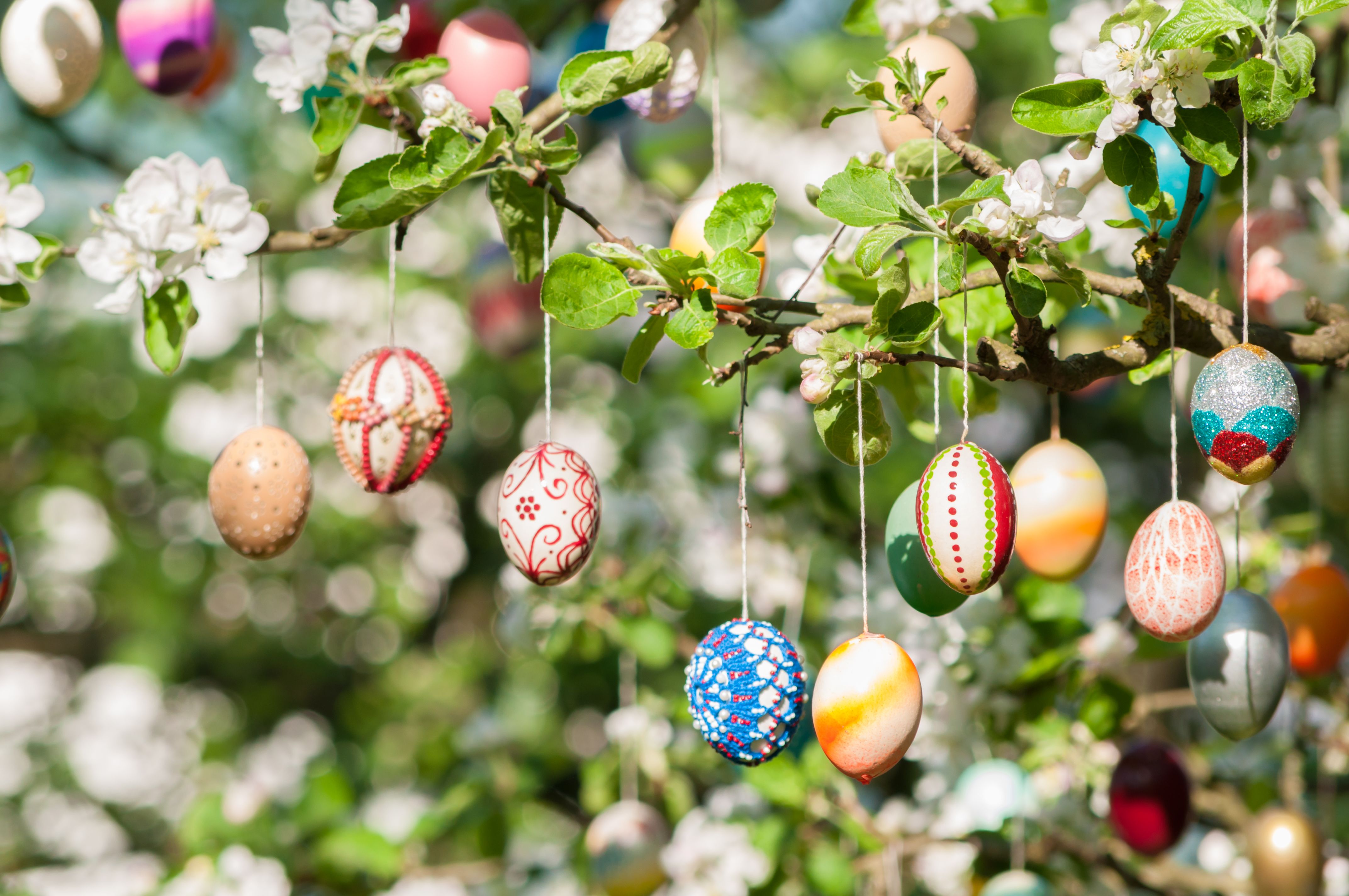Celebrating Easter: Traditions and Joys
The Origins of Easter Celebrations
Easter is a cherished holiday that marks the resurrection of Jesus Christ. Its origins can be traced back to Christian traditions, but it also incorporates elements from ancient pagan celebrations. The fusion of these traditions has resulted in a diverse array of customs that bring joy to people around the world.
The word "Easter" itself is believed to have originated from Eostre, the Anglo-Saxon goddess of spring, whose festival was celebrated around the same time as the Christian holiday. This blending of traditions signifies the renewal and rebirth that both celebrations represent.

Religious Significance and Traditions
For many, Easter begins with Lent, a 40-day period of fasting and reflection leading up to the holiday. This time is used for spiritual preparation, culminating in Holy Week, which includes significant events such as Palm Sunday, Maundy Thursday, Good Friday, and ultimately, Easter Sunday.
On Easter Sunday, Christians around the globe gather for special church services to commemorate the resurrection of Jesus. The day is often marked by joyous hymns, prayers, and the ringing of church bells. In many communities, sunrise services are held to symbolize the darkness of the crucifixion giving way to the light of resurrection and hope.

Easter Eggs: Symbols of New Life
Easter eggs are one of the most recognizable symbols of the holiday. They represent new life and rebirth, aligning with the themes of springtime renewal. Decorating eggs is a popular activity, with techniques ranging from simple dyeing to intricate designs using wax and paint.
In addition to being decorative items, Easter eggs are often hidden in gardens or homes for children to find during Easter egg hunts. This tradition adds an element of fun and excitement to the holiday, encouraging families to gather and enjoy each other's company.

Delicious Easter Treats
Easter is also a time for indulging in delicious treats and feasting with loved ones. A variety of traditional foods are associated with the holiday, ranging from sweet breads like hot cross buns to savory dishes like roasted lamb.
Chocolate eggs and bunnies have become iconic symbols of Easter in many countries. These sweet treats are often exchanged as gifts or shared among family members, adding a touch of indulgence to the celebrations.

Unique Easter Traditions Around the World
While many Easter customs are widely shared, numerous unique traditions are celebrated across different cultures. In Sweden, for example, children dress up as "Easter witches" and go door-to-door for treats, similar to Halloween trick-or-treating.
In Poland, "Śmigus-Dyngus" or Wet Monday is celebrated by playfully splashing water on each other, symbolizing purification and renewal. Each country's unique customs add richness and diversity to the global celebration of Easter.

The Joys of Easter Gatherings
Easter provides an opportunity for families and friends to come together and celebrate. From egg hunts and festive meals to shared worship services, these gatherings are characterized by joy and unity.
The holiday encourages a spirit of generosity and kindness, inspiring many to give back to their communities through acts of charity or volunteering. This collective sense of goodwill reflects the deeper meaning of Easter as a time of hope and renewal.